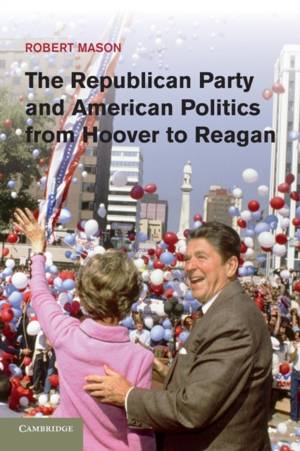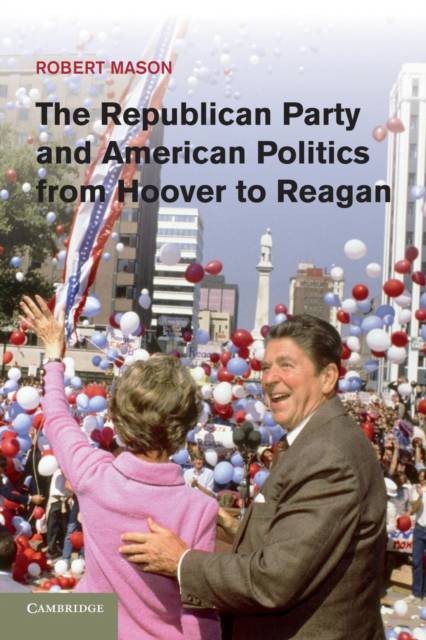
- Afhalen na 1 uur in een winkel met voorraad
- Gratis thuislevering in België vanaf € 30
- Ruim aanbod met 7 miljoen producten
- Afhalen na 1 uur in een winkel met voorraad
- Gratis thuislevering in België vanaf € 30
- Ruim aanbod met 7 miljoen producten
Zoeken
€ 57,95
+ 115 punten
Uitvoering
Omschrijving
During a long period of the twentieth century, stretching from the Great Depression until the Reagan years, defeat generally characterized the electoral record of the Republican party. Although Republicans sometimes secured victory in presidential contests, a majority of Americans identified with the Democratic party, not the GOP. This book investigates how Republicans tackled the problem of their party's minority status and why their efforts to boost GOP fortunes usually ended in failure. At the heart of the Republicans' minority puzzle was the profound and persistent popularity of New Deal liberalism. This puzzle was stubbornly resistant to solution. Efforts to develop a Republican version of government activism met little success. The same was true of conservative strategies that stressed a more fundamental rejection of the Democrats' arguments. Technocratic initiatives to improve party organization and communications similarly failed to facilitate an electoral breakthrough. Only the Democratic party's decline eventually created opportunities for Republican resurgence. This book is the first to offer a wide-ranging analysis of the topic, which is of central importance to any understanding of modern U.S. political history.
Specificaties
Betrokkenen
- Auteur(s):
- Uitgeverij:
Inhoud
- Aantal bladzijden:
- 322
- Taal:
- Engels
Eigenschappen
- Productcode (EAN):
- 9781107666146
- Verschijningsdatum:
- 2/01/2014
- Uitvoering:
- Paperback
- Formaat:
- Trade paperback (VS)
- Afmetingen:
- 156 mm x 234 mm
- Gewicht:
- 494 g

Alleen bij Standaard Boekhandel
+ 115 punten op je klantenkaart van Standaard Boekhandel
Beoordelingen
We publiceren alleen reviews die voldoen aan de voorwaarden voor reviews. Bekijk onze voorwaarden voor reviews.











